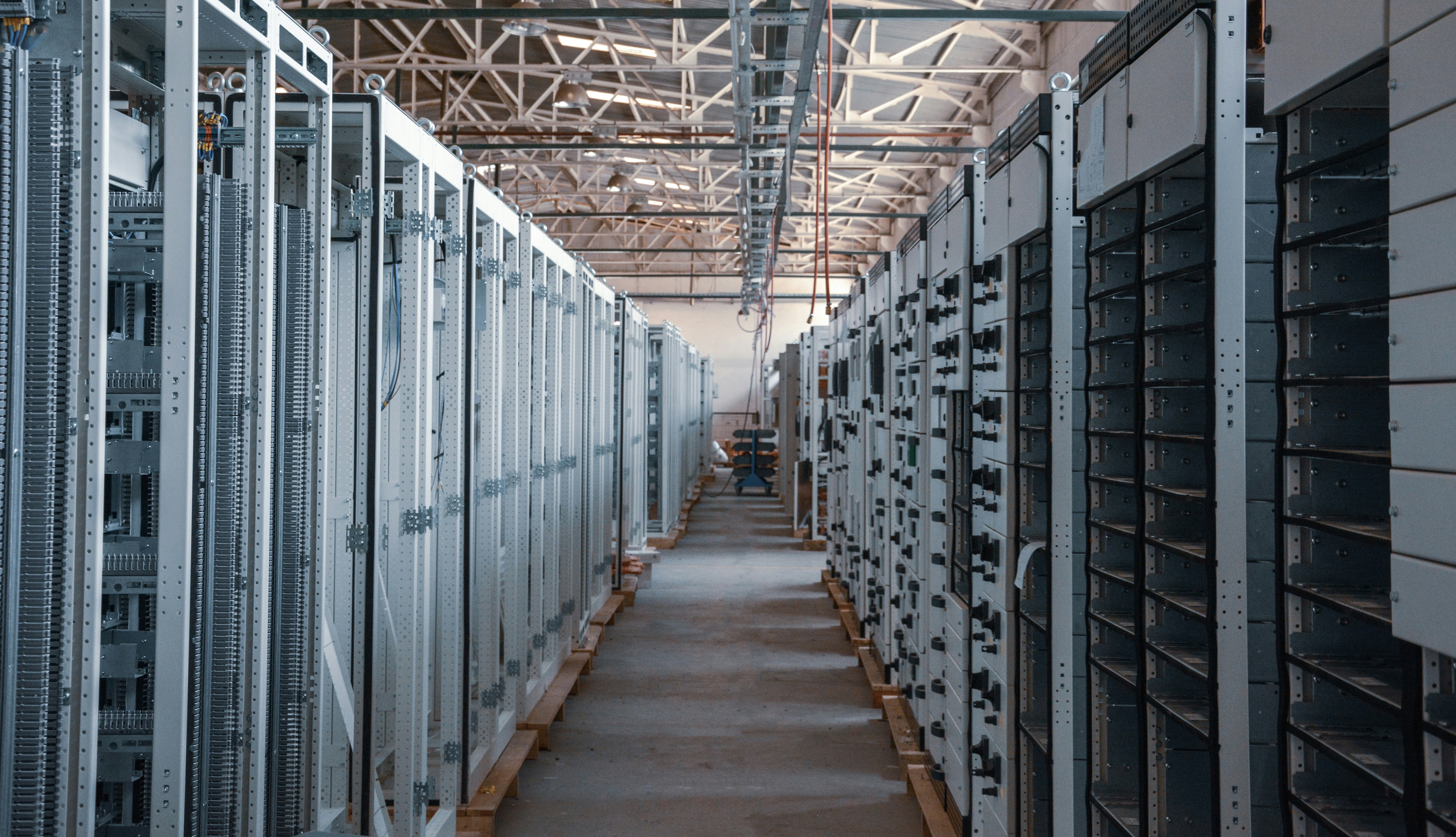.jpg)
The Real Cost of Fossil Fuel Subsidies
At first glance, fossil fuel subsidies seem helpful.
They keep energy prices lower and offer a sense of economic stability. But behind that illusion is a much deeper problem.
These subsidies make oil, gas, and coal appear cheaper than they really are. And that false sense of affordability is slowing down the clean energy transition.
Why the Price Tag Doesn’t Tell the Whole Story
Fossil fuel subsidies distort the market.
They encourage overuse by masking the real costs — from air pollution to rising sea levels. When fossil fuels look cheaper than they are, it becomes harder for solar, wind, and other clean technologies to compete.
A small solar startup in Arizona recently lost out on a city contract because the competing energy bid — powered by subsidized gas — came in lower. The company’s founder called it “losing to a system rigged against the future.”
This is not just bad for innovation. It is bad for everyone.
Billions of Dollars, Opportunities Lost
Globally, governments spend more than $500 billion a year supporting fossil fuels.
In 2022, Indonesia increased fuel subsidies to offset rising oil prices — spending more on fossil support than on education or healthcare combined.
That money could fund wind farms, solar panels, smarter power grids, and energy storage. Instead, it props up outdated systems that pollute and destabilize.
Even small policy shifts can have a big impact. In 2023, when Canada reduced subsidies for oil sands development, funding surged into clean hydrogen and battery startups.
Imagine the momentum if every country followed suit.
Climate Disasters Are the Hidden Bill
We see the true cost of fossil fuel subsidies after disaster strikes.
In 2022, the U.S. experienced 18 climate disasters that each caused over $1 billion in damages — from Hurricane Ian in Florida to wildfires across the West.
These events strain first responders, destroy homes, and leave communities scrambling to rebuild. And yet, public money continues to support the industries fueling this instability.
It is like paying to set your own house on fire.
Who Really Benefits
Fossil fuel subsidies rarely help everyday people in a meaningful way.
While multinational oil and gas companies post record profits — like ExxonMobil’s $56 billion in 2022 — working families see little relief on their utility bills.
Meanwhile, communities living near refineries or highways deal with higher asthma rates, polluted air, and contaminated water.
The winners? Corporate shareholders.
The losers? Small businesses, local governments, and the public.
What a Smarter Investment Looks Like
Ending fossil fuel subsidies would open the door to better options.
That funding could be used to:
- Expand clean energy access in underserved areas
- Train workers for green jobs in solar, wind, and geothermal sectors
- Support startups building next-generation batteries or zero-emission transport
- Strengthen the electric grid to withstand storms and heatwaves
In 2023, a coal-dependent town in Kentucky received federal support to retrain miners as solar installers. One worker said, “I never thought I’d be proud of building something that doesn’t pollute.”
That is what a just transition can look like.
The Bottom Line
Continuing to subsidize fossil fuels is like bailing water from a sinking boat while ignoring the hole in the bottom.
It delays solutions, wastes money, and locks us into an energy system that cannot survive the 21st century.
The smarter path? Stop funding pollution.
Start investing in the future — one that is cleaner, more stable, and better for everyone.


